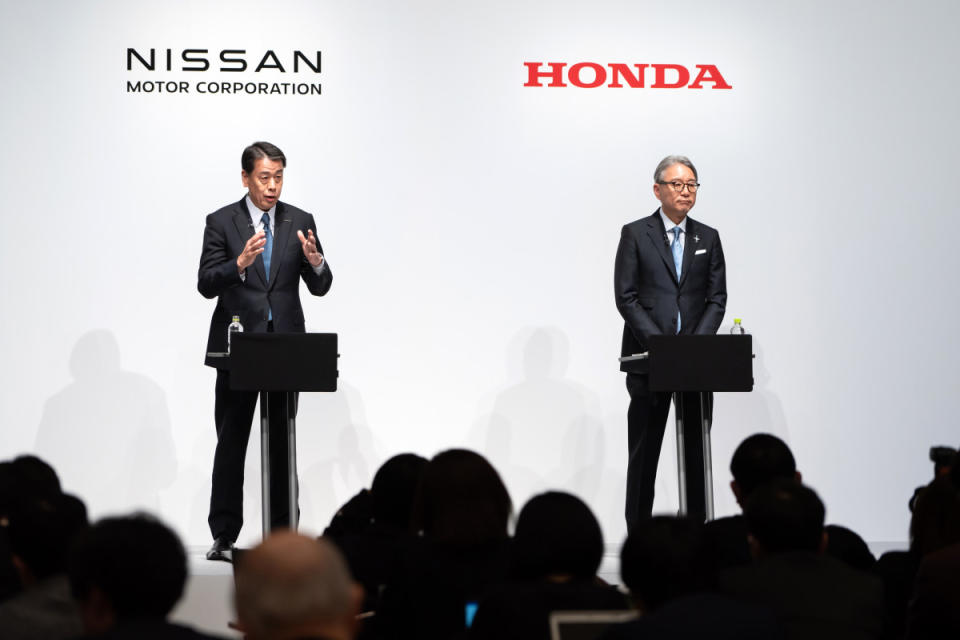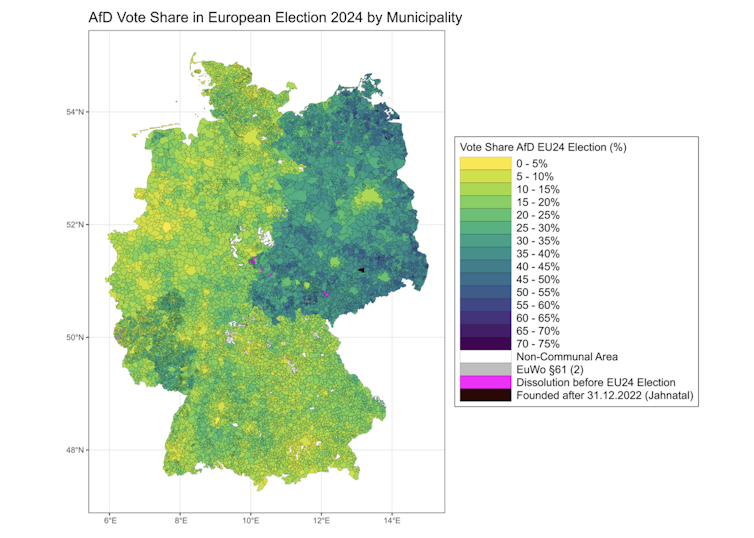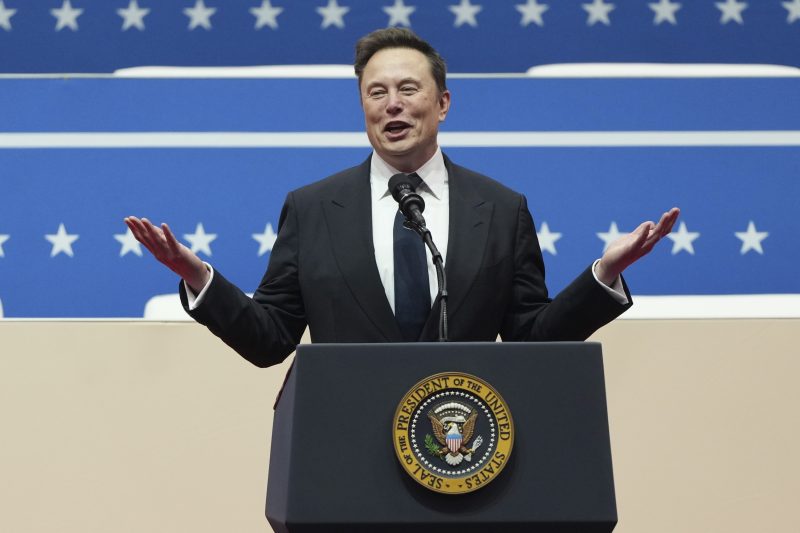According to a Reuters report, the proposed merger of Honda Motor Company, Japan’s second-largest automaker, and Nissan Motor Company, its third-largest, appears to be dead, as Nissan CEO Makoto Uchida told Honda CEO Toshihiro Mibe on Thursday that he was ending the merger talks.
The abrupt end came as Honda proposed making Nissan a subsidiary, something that would take Nissan’s much-coveted individuality away.
Related: 2025 Hyundai Elantra N review: (MT vs DCT) – which is better?

Nissan has not announced whether it is looking for other partners yet, saying only that any details regarding the Honda-Nissan tie-up would be released in mid-February.
Nissan and Honda stated on Wednesday that discussions on various options, including ending merger talks, are still in progress. Ending talks would cost Nissan ¥100 billion, or $657 million.
Who’s in line
Among the companies most mentioned as possible new partners is Taiwan-based Foxconn, the world’s largest contract electronics manufacturer. In December, the company approached Nissan about a tie-up but was rebuffed because Nissan had opened talks with Honda.
Foxconn, which currently manufactures iPhones, is interested in entering the EV manufacturing space and would appear to be a good fit as former Nissan vice chief operating officer Jun Seki suns Foxconn’s fledgling EV business.
But a Bloomberg report suggests that Nissan is looking for a partnership with a U.S.-based tech company. That would make sense, as the U.S. is Nissan’s largest market and is shifting towards EVs and automated vehicles.
Related: A wave of new EVs are set to hit the U.S. in 2025

A number of Chinese automakers, including Nio, XPeng Motors, and BYD, are also interested in the struggling automaker. Partnering would theoretically give them entry into the U.S. market; however, given the current scuffle over U.S.-China tariffs, any such partnership is cloudy.
Nissan: not a great partner
But the benefit of any partnership with Nissan remains questionable given its track record with Renault Group, which once owned 43.45% of Nissan in 2023, and now only owns 15%.
Although Renault rescued Nissan from bankruptcy in 1999, its alliance slowly faltered as the companies failed to overcome cultural differences. This led to growing resentment from Nissan, even though it was run by CEO Carlos Ghosn, whose career was built at Michelin and Renault.

Despite the difficulties, Ghosn led Nissan to record profits in 2017, only to be arrested on charges of financial misconduct a year later. Given Nissan’s insular, conservative business climate, it’s difficult to see a company capable of cooperating with any other.
Related: How Bring a Trailer pulled off $1.5 billion in auction sales
Final thoughts
Yet the company has little room for hubris.
Nissan’s aging models require bigger discounts to compete, which affects corporate profits. According to Bloomberg, Nissan’s net income plunged 94% for the six months ending in Sept. 30, 2024. In November, the automaker reduced production capacity by one-fifth and laid off 9,000 employees.
However, given Nissan’s deteriorating circumstances, more drastic action seems necessary, though none appears forthcoming. It’s the sort of slow, overly deliberate opinion-making that has brought the company to the precipice of insolvency before and could easily do so again.
Love reading Autoblog? Sign up for our weekly newsletter to get exclusive articles, insider insights, and the latest updates delivered right to your inbox. Click here to sign up now!
Related: Automakers ramp up budget offerings as prices weigh on consumers
#Whats #Nissans #move #Honda #deal #collapses











Leave a Reply